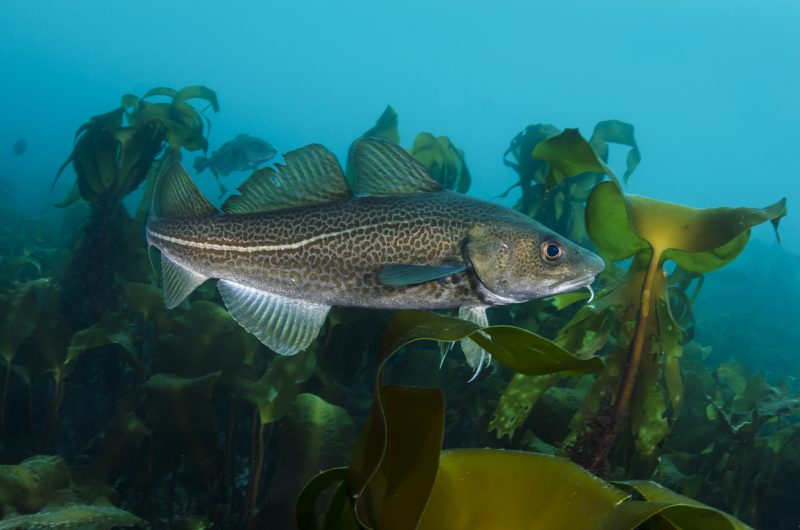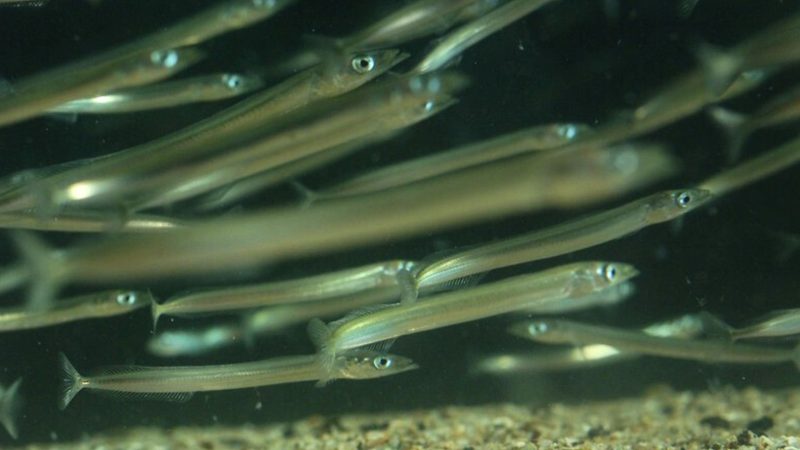More than half of the fishing opportunities the EU and UK have just agreed for next year will go above scientific advice, according to a preliminary analysis of the result of annual talks between the two sides.
Little progress has been made in tackling the most overfished stocks where scientists advised catches to be zero. These include two new ones, English Channel and Celtic Sea pollack and Irish Sea sole as well as long-overexploited cod, whiting and sea bream stocks.
There the two sides have agreed to go on allowing fishing, though at a relatively low level, on the “zeroes” so that fishing for other species in a mixed fishery can continue in a repeat of management actions that have driven these stocks down over recent years.
There are some good technical changes, such as the unravelling of stocks that were treated together in a single “multi-species” quota which cannot prevent overfishing. Now they will be considered separately.
Read the full analysis here:
Every year the EU and the UK negotiate catch limits for many commercially important fish stocks. The agreement sets how much of each stock can be caught in the following year. In order to prevent overfishing the two parties are advised on what level of fishing is sustainable by an independent body of fisheries scientists called the International Council for the Exploration of the Seas (ICES). Sadly, too often the scientific advice on sustainability is set aside in favour of short-term profit maximisation – last year 57 per cent of catch limits were set above the scientifically advised maximum sustainable level. Today the EU and UK have finished their negotiations for next year’s fishing.
It is worth briefly touching on some context; both the EU (and its member states) and the UK make regular pronouncements on their green credentials and on their ‘ocean conservation leadership’. These grandiose statements are not worth the paper they are written on when actions and decisions run so objectively counter to these claims. There will be a lot of talk of ‘sustainable fishing’ and ‘ensuring healthy seas’, the problem is this is just not the case. Choosing to allow the overfishing of more than half of quotas is not sustainable and this Orwellian misuse of language should not fool anyone.
So what are the initial findings? Well firstly, it remains deeply frustrating that neither the EU or the UK actually say if each catch limit is sustainable or not. Nor do they say what they hoped to achieve. This means that, particularly given the way these things are presented, it takes quite significant knowledge (and time) to even understand what it says – it is not very transparent. This frustration aside there are some important first impressions to be had from the announcement. Perhaps most disappointingly, is that in terms of the total number of fish stocks that are fished sustainably it seems that minimal progress has been made. It is fair to say that the parties have decided that overfishing of more than half of the stocks with quotas is allowed for next year.
Hidden among over 70 catch limits announced today are a group of stocks that are so heavily depleted by overfishing that scientists recommend that there should be no catches from these stocks. These populations have declined, in some cases, by over 90 per cent in the last couple of decades and include two populations of cod, two of whiting, one of seabream as well as two entirely new ‘zero catch’ stocks (pollack in the Celtic Sea and sole in the Irish Sea). The decision has been made (yet again in the case of the cod, whiting and seabream) to continue to overexploit these stocks and continue to prevent recovery. It is important to note that this approach is the one that has been followed for years with no sign of recovery. There is an old adage often (wrongly) attributed to Einstein that said “insanity is doing the same thing over and over and expecting different results.” Perhaps, nowhere is this more aptly demonstrated than in the decisions on collapsed stocks announced today. Adopting the same approach that has monumentally failed to recover important fish populations is, alongside the overall lack of progress in ending overfishing, the stand-out disappointment.
There are some good changes in this agreement. Perhaps most notably there is the move away from what are called ‘multi species’ quotas. This is where two different species are managed under the same quota and is a poor way of managing fisheries as it does not, and in fact, cannot prevent overfishing. So, it is genuinely good news that these multi species quotas have been replaced by species specific limits for several stocks including brill, turbot and lemon sole in the North Sea. This change is to be warmly welcomed and a lot of hard work has gone into this from officials and negotiators. It is also promising that where this has been done it has led to good management –where stocks that have had their boundaries (correctly) redrawn it has led to following scientific advice. There has also been progress on unpicking the challenging way in which skates and rays are managed and hopefully, although the details still need more analysis, possibly some improvements in deep sea management.
Ultimately the collapse of fish stocks, and the failure to recover them is a political decision made by ministers in Westminster, Brussels and the capitals of EU fishing nations. Negotiators and civil servants can only do what their political masters instruct them to do and sadly, yet again, it seems, that despite some good things, political expediency and short-term economic gain has trumped sustainability and the conservation of marine life.


















